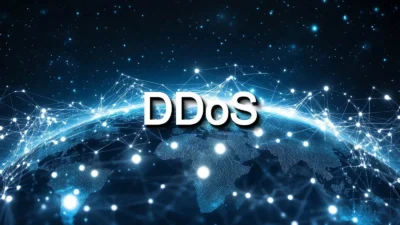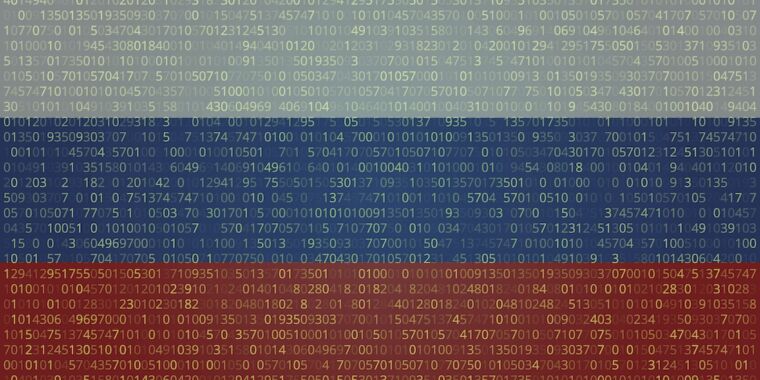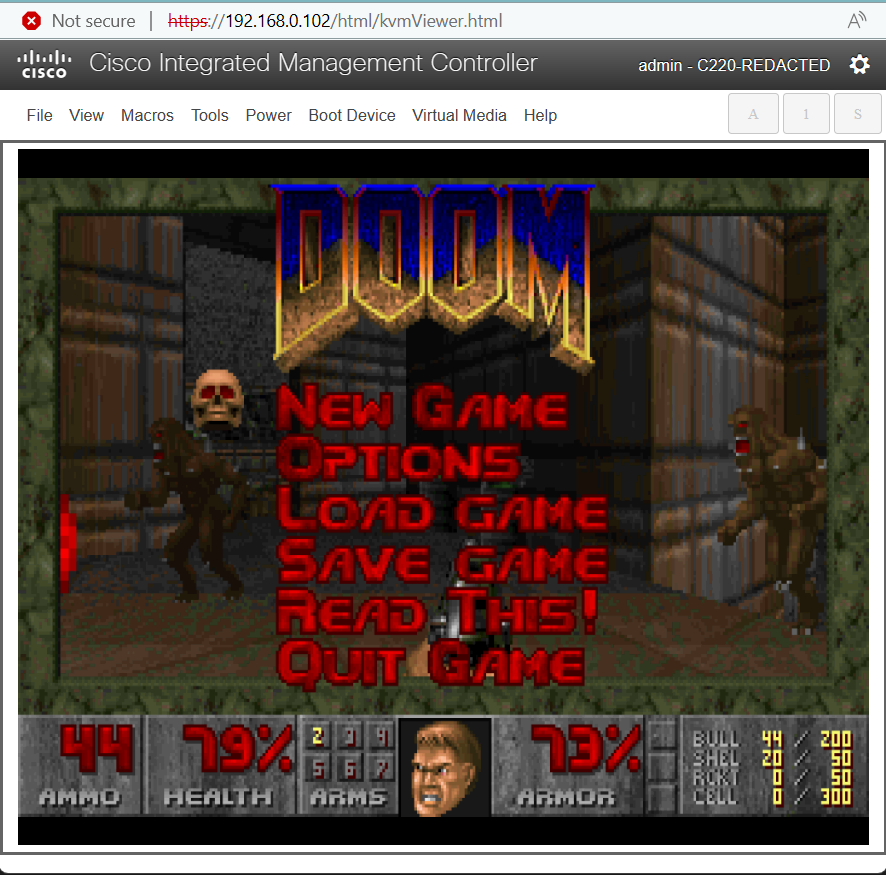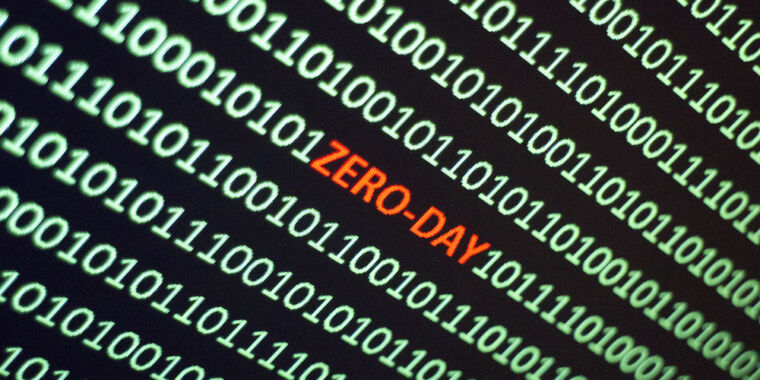South Korea arrests CEO for adding DDoS feature to 240,000 satellite receivers

Allegedly, the functionality was needed to counter the attacks of a competing entity.
The exact way the DDoS functionality was leveraged on the devices was not specified, but these attacks are always illegal when targeting external systems.
Moreover, users of the satellite receivers were involuntarily taking part in attacks and might have experienced reduced device performance during these occurrences.
There has been more and more of a shift towards satellite communications for civilian Internet and mobile phone use, so this is probably just a wake-up call for all of us to realise that those satellites sitting up there in plain view, are not just going to be “allowed” to be used without any interference or weaponizations.
It will be both military (and I include all nations here) who will try to intercept or even block messages, as well as the usual hacking and ransomware suspects who will try to exploit them. The military of all nations will be pushing to have their encryption back doors included, and will want to be able to disable civilian satellite services “in times of need”.
All I’m saying is, we cannot assume these satellites will all just be there functioning in our interests 100% of the time. Of all the communications mediums ever invented, satellites are the most exposed and vulnerable of all. In other words, be sure not to rely solely on satellite communications in the future. Consider them a useful supplementary tool for communications, but do not neglect your more traditional means of communications.
See bleepingcomputer.com/news/secu…
#Blog, #satellites, #security, #technology, #vulnerability











